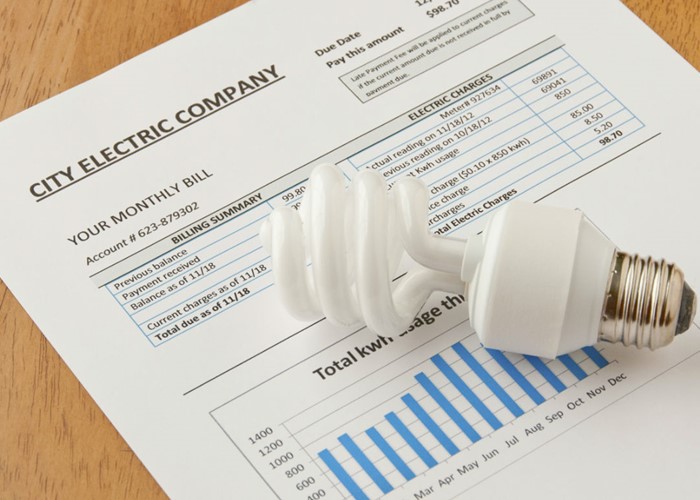Common problems with energy companies

Here are some of the most regular issues people face with energy companies and how to deal with them.
There are a host of problems you could encounter with your energy company. Many have to do with the fact that most energy bills are estimated, so you could be overpaying or underpaying.
Here are some of the most common issues and how to deal with them.
Estimated readings
Energy companies often use estimated readings, where they guess the amount of energy you've used and send you the bill. If you want to avoid the possibility of a shock bill, check the actual readings yourself and send these to your energy company. It’s simple enough to do and will mean you’re actually paying for what you’re using rather than an estimated amount.
You can also use the Meter Readings app (69p) which will keep an eye on how much gas, electricity and water you’re using for you and predict how much your quarterly bill will be.
Getting your money back
If you’ve been overpaying your energy bills, the company is not legally allowed to hold onto the extra money and you can claim it back if you’re in credit. If for some reason this doesn’t happen, your supplier needs to let you know if it has reasons for withholding the cash. If you disagree with its reasoning, you can challenge it.
Difficulties with paying your bills
If your situation changes, for example you lose your job, and you start struggling to pay your bills, call your provider as soon as possible. It should be able to give you advice on different tariffs and information on potential benefits such as the Warm Home Discount scheme.
Not receiving a bill
Bizarre though it sounds, sometimes energy companies simply don't send out a bill. If you haven't received a bill for a while, contact your energy company. Under law, if they didn't send you a bill they can't charge you for any energy you used more than a year ago, providing you can prove you made efforts to contact them.
Switching supplier
There is little benefit in being loyal to an energy company so don’t be afraid to switch if another provider is offering a cheaper deal. This will save you on average £256 a year so there’s no point putting it off. However, before you do anything check your current contract, as there may be a penalty fee if you leave early.
If you do switch, make sure you tell your current supplier to ensure it goes smoothly.
If you need to take things further, read How to complain about your energy supplier.
More on energy bills
Ten ways to save on energy
The best and worst energy bills
How to avoid the next big energy price rise
Comments
Be the first to comment
Do you want to comment on this article? You need to be signed in for this feature